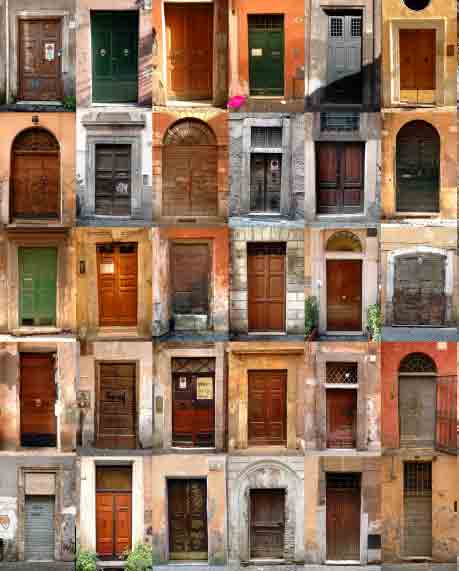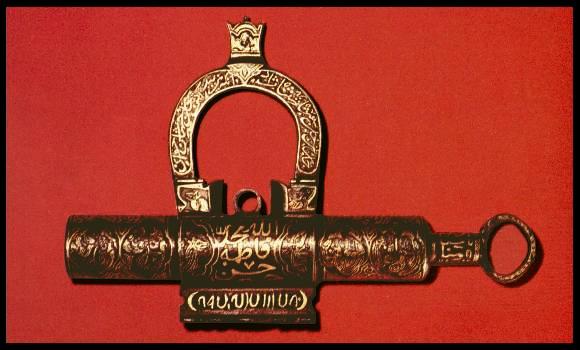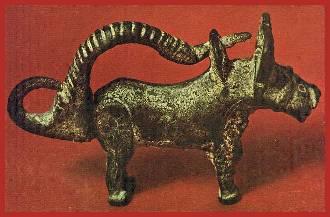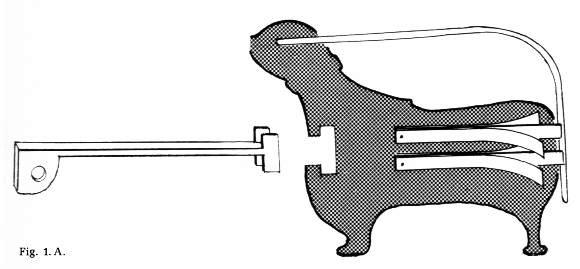This very closely mirrors the discussion on Why we use keys. The notions of privacy and personal space are based in the exclusion of another party from a defined space. The key can mediate a power dynamic and gain significance disproportionate to its actual meaning. When a person owns a key and another doesn’t, the key holder has increased regency. The key can be taken as a symbol of mankind’s distrust of each other and the inherent assumption that possessions are exclusive. This is of course situated in the assumption that the person who uses the key has something of value, worth protecting. Another concept that the person to person relation incites is the idea of ownership; if one has exclusive entry, the aspect of control or power comes into play.
Reviel Netz in his book, Barbed Wire: an Ecology of Modernity proposes that history can be viewed through the lens of barred or prevented motion across arbitrary borders. Taken into a smaller scale that is exactly what a lock and key intends; someone has decided to block entry, and the key becomes the only means of access. For a more detailed view of Netz' claim, please reference the Introduction of his book. [link]

The symbolic meaning of the key can color interpersonal interactions, some examples from traditional Iranian culture:
- The central area of shrines are gaurded by multiple locks and the keys are given to multiple parties, necessitating every key holder's presence when the sanctum is opened
- Love Charms in the shape of a lock and key are worn by young women
- Wedding Gift of a lock and key to signify the bride's virginity
- Decorative locks and matching keys are prolific, some examples are as follows:


Detail of how the above lock works

Back to The Key main page
